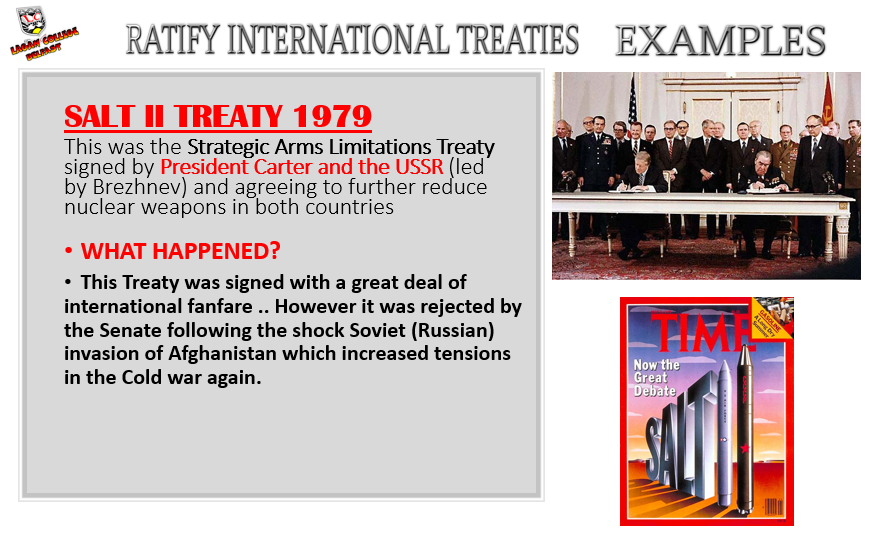

It follows that the operation of government, being a legitimate subject for legislation, is a proper subject for investigation. The matters which may be a proper subject of legislation and those which may be a proper subject of investigation are one. The power of inquiry is co-extensive with the power to legislate. The power of inquiry is broad enough to cover officials of the executive branch. SCOPE OF LEGISLATIVE INQUIRY: OFFICIALS IN EXECUTIVE BRANCH It is based on the President’s position as the highest official of the executive branch, and the due respect accorded to a co-equal branch of government which is sanctioned by a long-standing custom. The President, on whom executive power is vested, is beyond the reach of Congress, except through the power of impeachment. SCOPE OF LEGISLATIVE INQUIRY: THE PRESIDENT Since the right of Congress to conduct an inquiry in aid of legislation is, in theory, no less susceptible to abuse than executive or judicial power. The power of legislative inquiry may be the subject of judicial review pursuant to the Supreme Court’s certiorari powers under Section 1, Article VIII of the Constitution. Members of the Supreme Court are exempt from this power of inquiry on the basis not only of separation of powers but also on the fiscal autonomy and the constitutional independence of the judiciary. It is this very separation that makes the congressional right to obtain information from the executive so essential, if the functions of the Congress as the elected representatives of the people are adequately to be carried out. Under the separation of powers, Congress has the right to obtain information from any source - even from officials of departments and agencies in the executive branch. IMPORTANCE OF INQUIRING IN AID OF LEGISLATION If the information possessed by executive officials on the operation of their offices is necessary for wise legislation on that subject, by parity of reasoning, Congress has the right to that information and the power to compel the disclosure thereof.

The power of inquiry, with process to enforce it, is grounded on the necessity of information in the legislative process.

The rights of persons appearing in or affected by such inquiries shall be respected.Įven without this express Constitutional provision, the power of inquiry is inherent in the power to legislate. The Senate or the House of Representatives or any of its respective committees may conduct inquiries in aid of legislation in accordance with its duly published rules of procedure. The Congressional power of inquiry is expressly recognized in Section 21 of Article VI of the Constitution: INQUIRY IN AID OF LEGISLATION: BASIS OF POWER The acts done by Congress purportedly in the exercise of its oversight powers may be divided into three categories, namely: (1) supervision, which connotes a continuing and informed awareness on the part of a congressional committee regarding executive operations in a given administrative area (2) scrutiny, primarily intended to determine economy and efficiency of the operation of government activities, exercised through budget hearings, the “question hour” and the power of confirmation and (2) investigation, which is also known as the “inquiry in aid of legislation”. The power of oversight has been held to be intrinsic in the grant of legislative power itself and integral to the checks and balances inherent in a democratic system of government. Clearly, oversight concerns post-enactment measures undertaken by Congress: (a) to monitor bureaucratic compliance with program objectives, (b) to determine whether agencies are properly administered, (c) to eliminate executive waste and dishonesty, (d) to prevent executive usurpation of legislative authority, and (e) to assess executive conformity with the congressional perception of public interest. Broadly defined, the power of oversight embraces all activities undertaken by Congress to enhance its understanding of and influence over the implementation of legislation it has enacted.


 0 kommentar(er)
0 kommentar(er)
